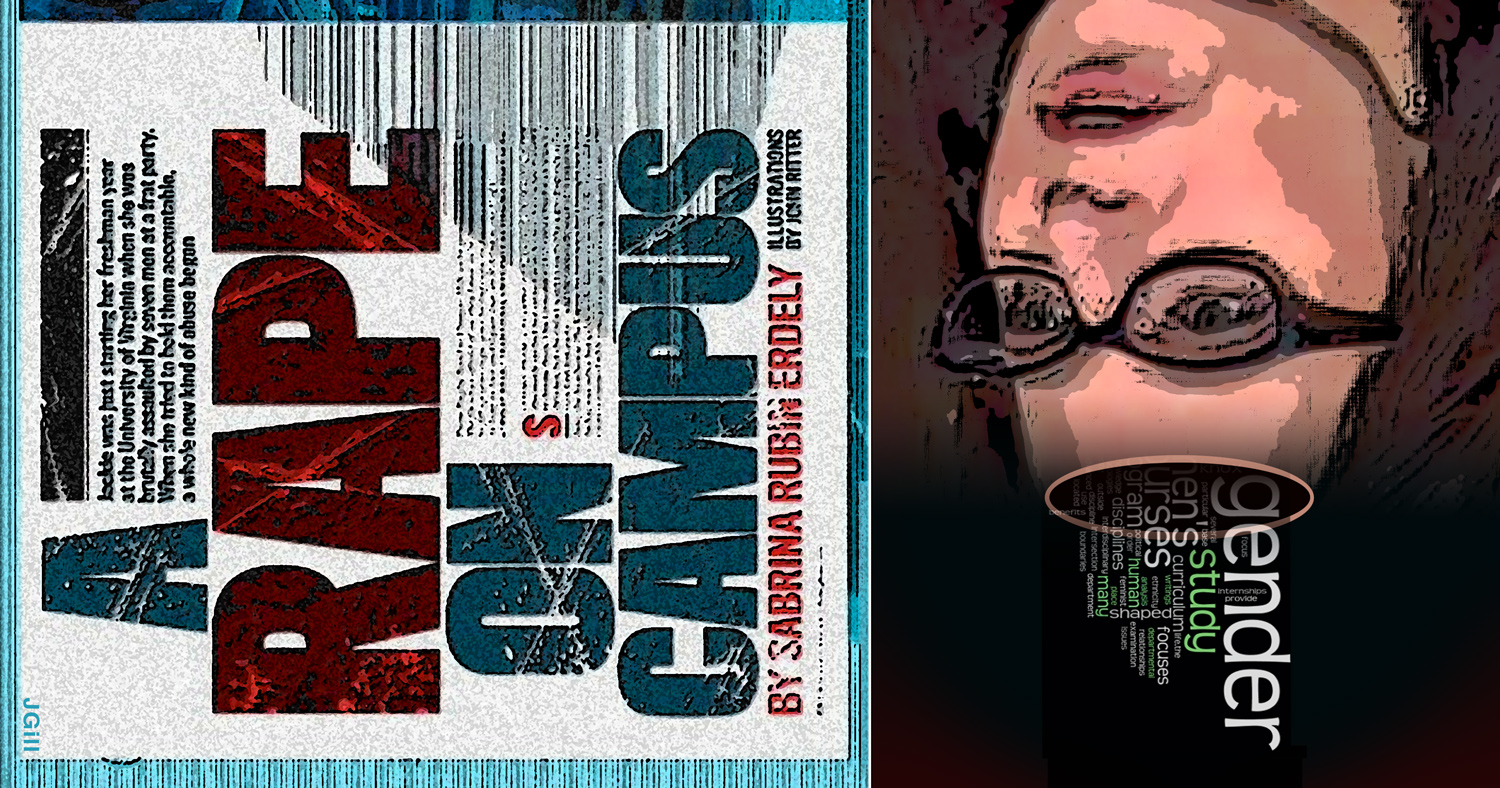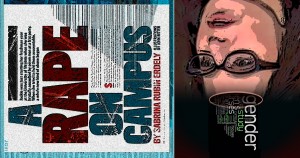“Why did Rolling Stone . . . so massively screw up” in “falsely accusing a University of Virginia frat of gang-raping a freshman girl?” asks Alex Griswold of The Daily Caller. “[I]f you work for liberal magazine The New Republic, the answer is that they were too right-wing.”
Most of my online friends are with Griswold, excoriating and ridiculing TNR’s Elizabeth Stoker Bruenig’s questionable analysis of the piece in question. Before I pile on, let me just say what is right about her analysis in “Rolling Stone’s Rape Article Failed Because It Used Rightwing Tactics to Make a Leftist Point…”
She ably summarizes a world view.
“The left tends to view oppression as something that operates within systems, sometimes in clearly identifiable structural biases” while the “right,” she insists, “tends to understand politics on the individual level,” which she imputes to “a general obsession with the capital-i Individual.”
That, she thinks, is why “the right” pokes at “specific details of high-profile cases like those of Trayvon Martin and Michael Brown.” If the leftist critique doesn’t apply there, she thinks “rightwingers” hope, they thereby disprove the left’s systemic oppression thesis.
Note how she just assumes the accuracy of the left’s approach; she just ignores how often lefty journalists get actual “big-picture” stats wrong. For example, on the subject of “rape culture,” they routinely suppress discussion of accurate stats on false rape charges by women against men.
Worse yet, she honestly does not see how her “leftwing” media comrades have prejudged coverage of recent race-based and rape-involved cases, doing injustice to individuals.
Is this mere media bias?
No. It’s the very definition of prejudice. It’s bigotry.
This is Common Sense. I’m Paul Jacob.


